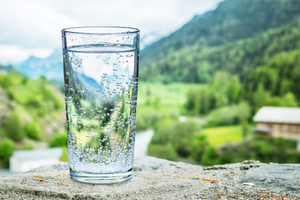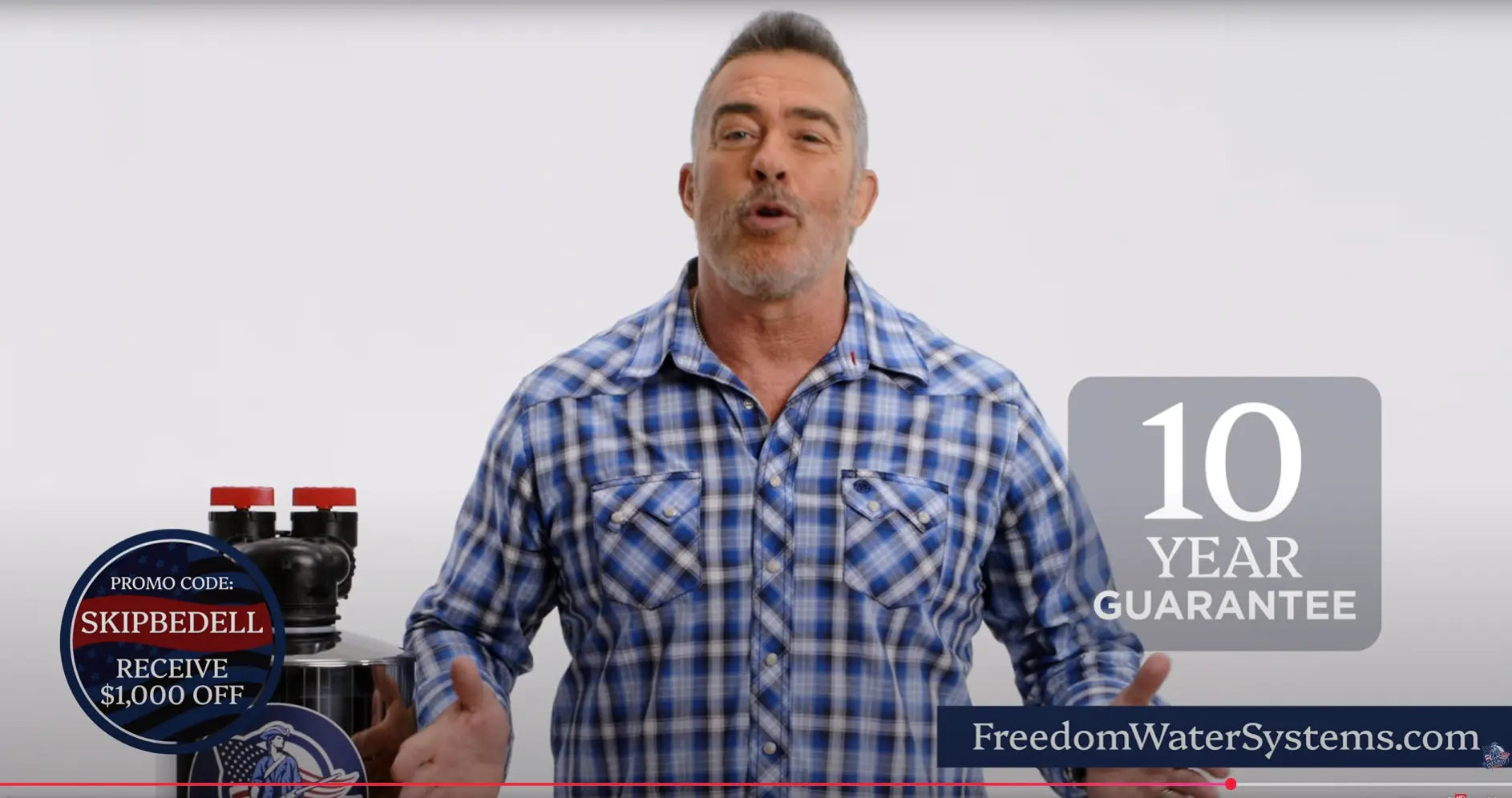As you probably know, the water filtration market has many different aspects of treatment to tackle, ranging from filtering for aesthetic factors like taste and smell, to filtering for serious contaminants and chemicals. One of the most frequent labels you might see on the market is water softening filtration, or filtering for hard water. If all the different labels have you confused, you’re not alone. Read on as we break down the different labels and help you decide what options are best for your water filter system or home filter system needs.
✓ What is water softening filtration, and who needs it?
On its face, water softening filtration might seem a little counterintuitive – water seems soft already, doesn’t it? But as with other filtration methods, it’s not the water itself, but what’s lurking inside. Water readily absorbs naturally occurring minerals like calcium and magnesium. These minerals can leach into groundwater and wind up in your septic or municipal water treatment system through the water cycle. Since municipal systems focus on health hazards, hard water minerals aren’t treated as a primary concern. Septic systems often have little defense against hard water.
Can hard water harm your health? The answer is no; although it may not be the best-tasting, hard water is perfectly safe to drink. However, it can make using your home’s water more difficult, which can damage your plumbing and fixtures. Hard water leaves deposits of minerals, called scale, along plumbing lines and endpoints like faucets and sinks. This scale causes buildup, occluding plumbing lines and eventually requiring costly repairs to clear.
Without a water softening filtration system, hard water deposits cause added wear and tear on washing machines, dishwashers and other appliances. Plus, minerals in hard water bond poorly with soap, requiring more soap to create lather and leaving skin dry and hair dull. While not life-threatening, hard water can be a very costly annoyance.
That’s where a water softening system comes in: it filters specifically for those minerals, eliminating hard water scale buildup and its effects. It can even improve the taste of your water. A downside is maintenance—some systems require salt, which can harm local ecosystems when discharged. In fact, some jurisdictions have banned salt-based softeners.
✓ How does simple water filtration compare?
In contrast to water softening filtration, which focuses on minerals, simple water filtration removes contaminants that pose immediate health risks—volatile organic compounds, pathogens, heavy metals, and more. While these contaminants may not damage pipes, their health effects can be severe. There are many ways to improve your home’s water quality, but the best way is through a purpose-built water filter system.
Fortunately, nearly all of Freedom Water Systems’ treatment solutions address both contaminants and hard-water minerals. By combining these services in one system, you get a more economical home filter system that’s covered under a single warranty and requires no additives or ongoing maintenance, saving you time and money. Our systems introduce no extra sodium or chlorine, making them safe where saltwater softeners are banned.







